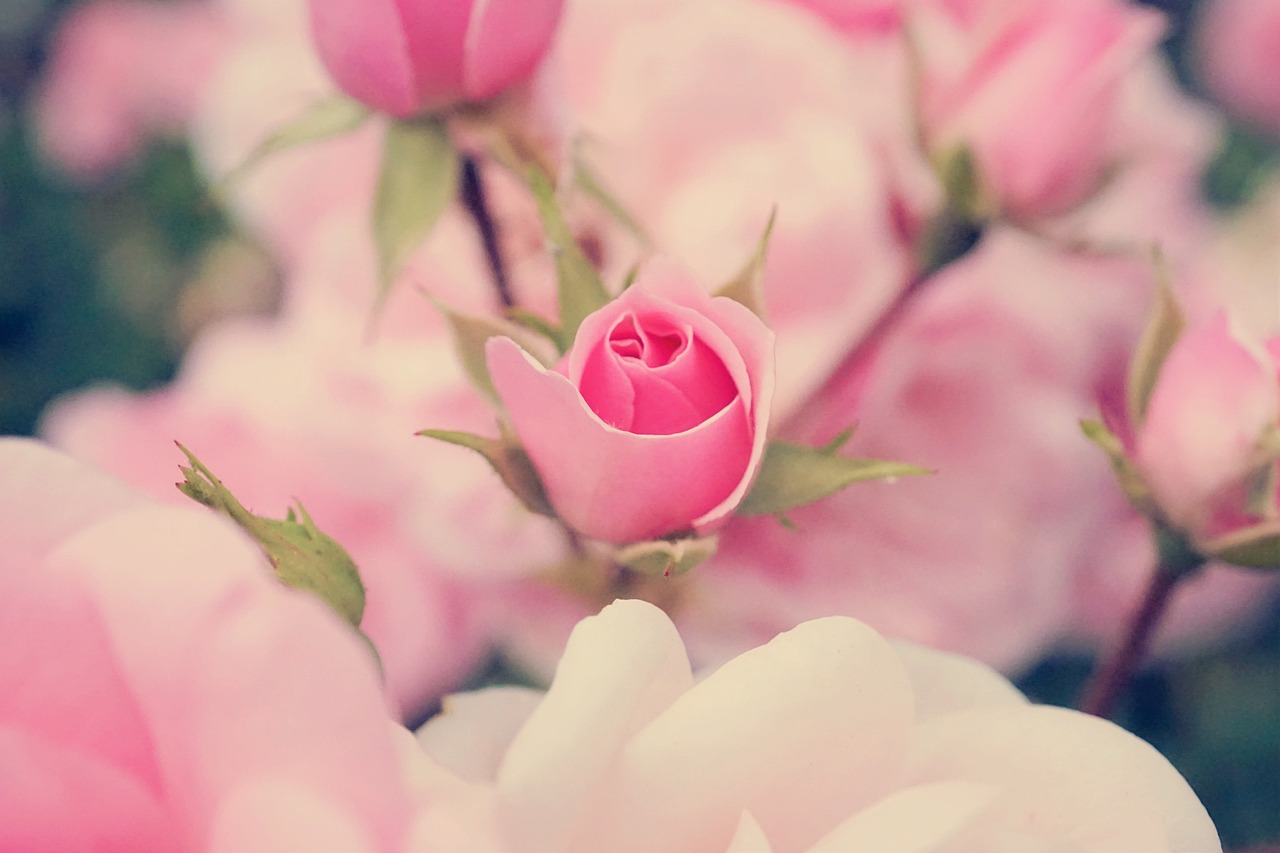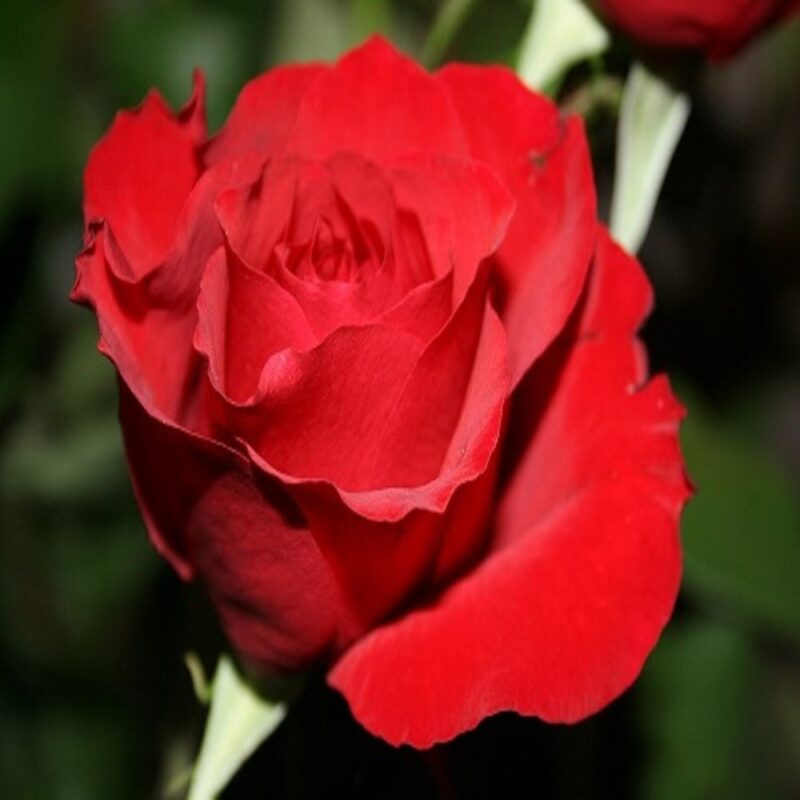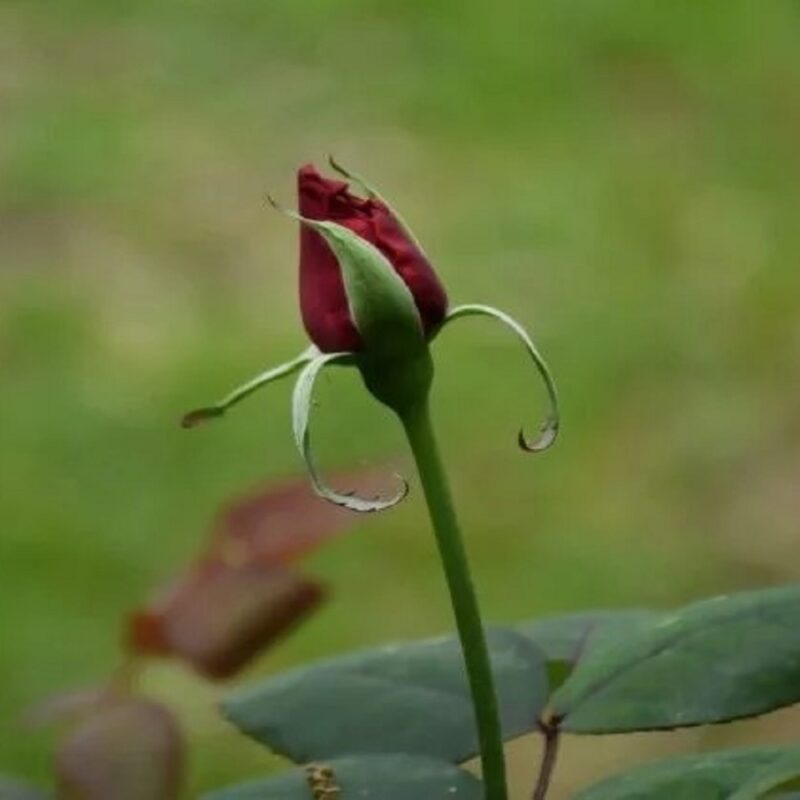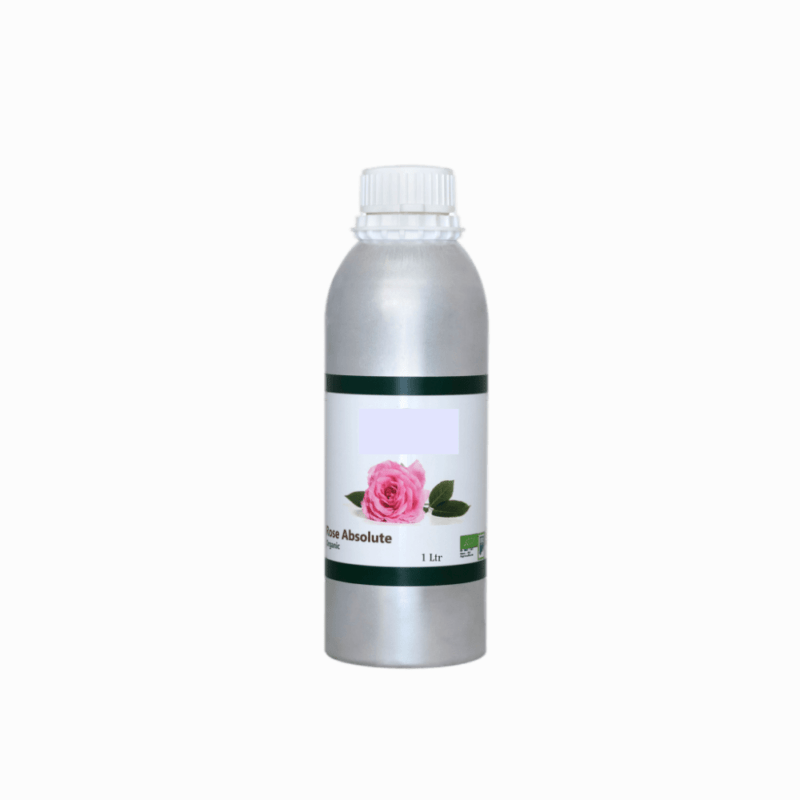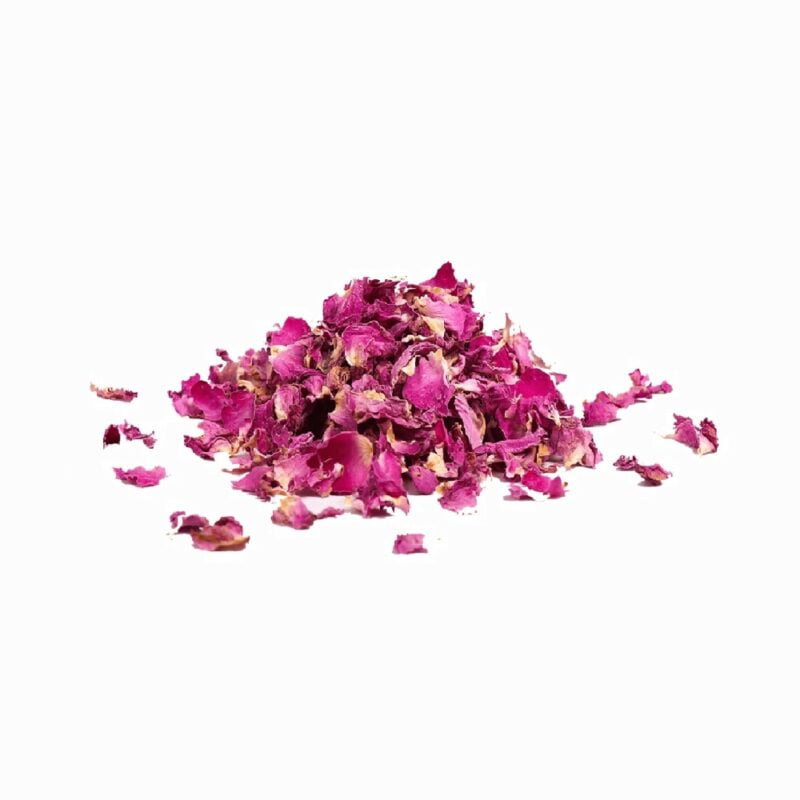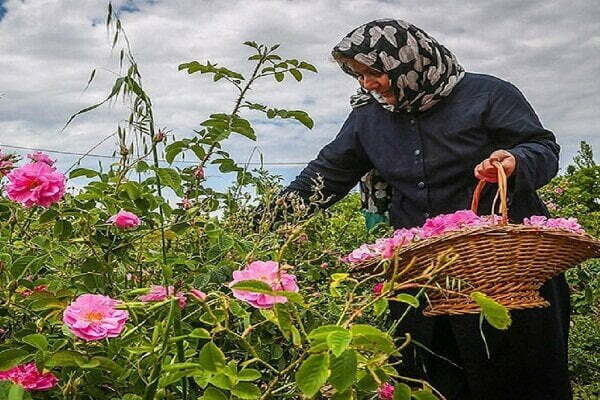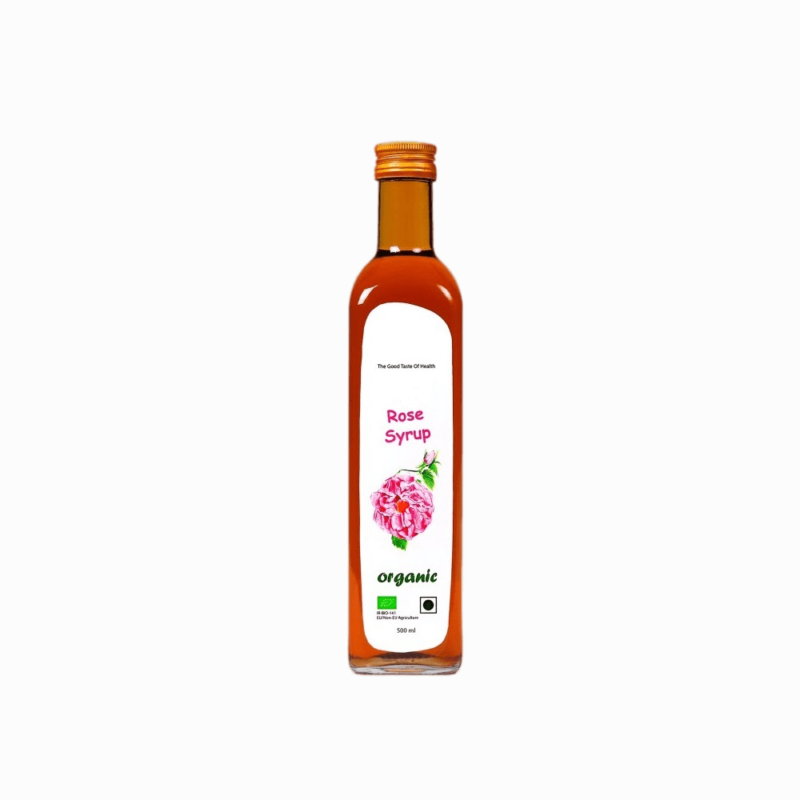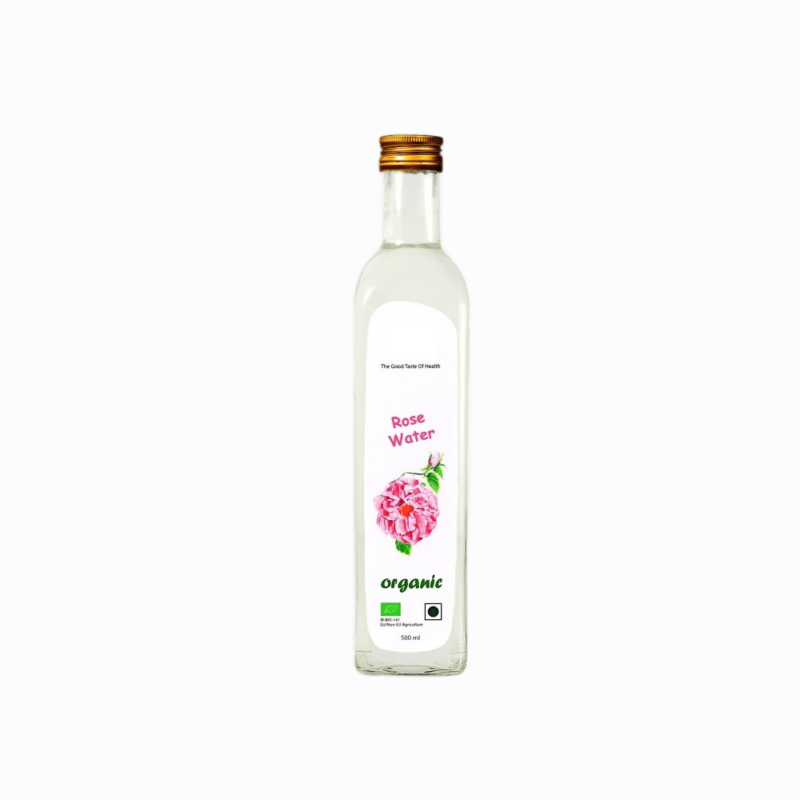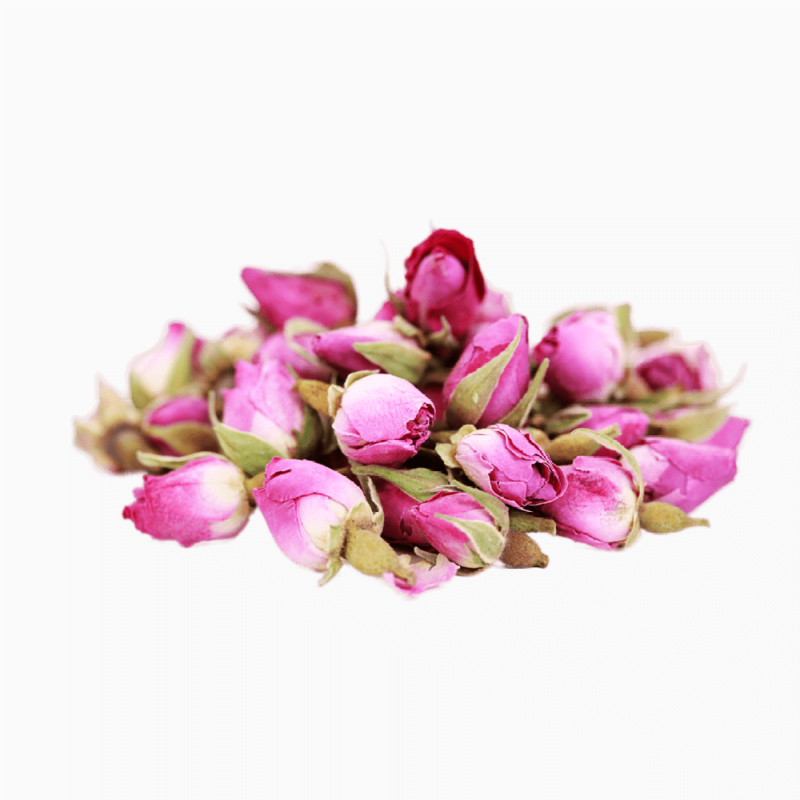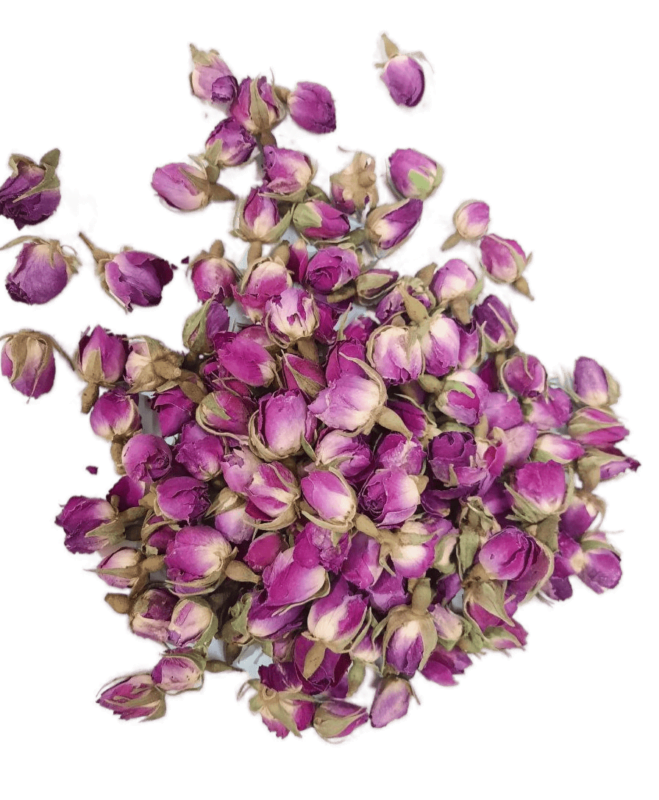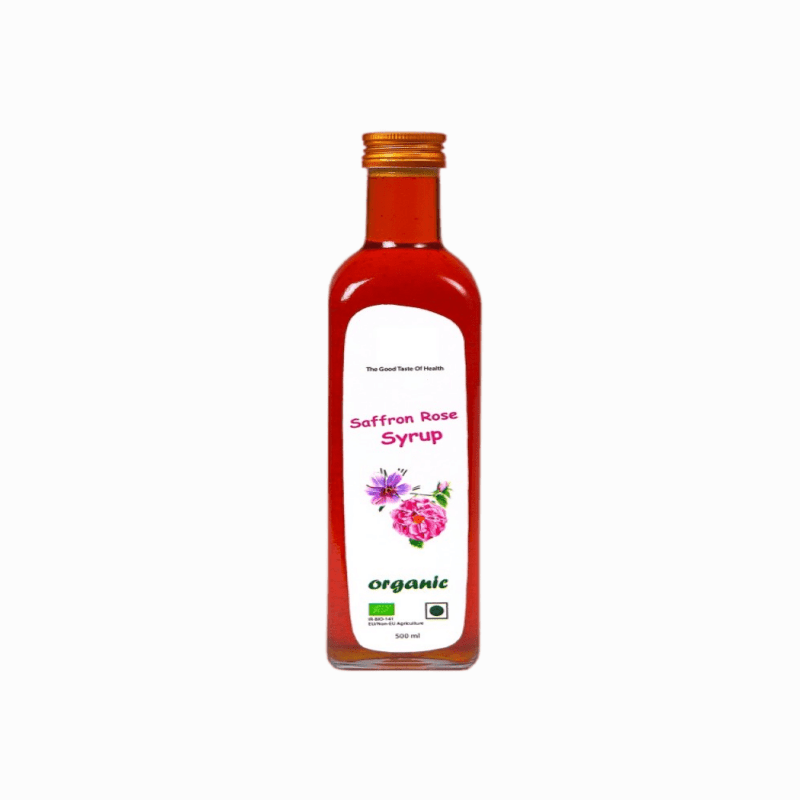The Botanical Aspects of Roses
Roses belong to the rose family (Rosaceae) and the genus Rosa. They are perennial shrubs or climbing plants with distinctive, fragrant flowers and toothed leaves. Botanically, roses are one of the most diverse groups of plants, with thousands of varieties and hybrids cultivated worldwide. Their flowers can come in a variety of colors, shapes and sizes and are often infused with fragrant essential oils.
The Chemical Components of the Rose
Roses contain a variety of chemical compounds that contribute to their distinctive scent and health benefits. The main chemical components include:
1. Geraniol:
A terpenoid alcohol that has a sweet, floral scent and is responsible for the characteristic rose scent. It is also used in perfume making and aromatherapy.
2. Citronellol:
Another terpenoid alcohol with a fresh, lemony scent. It also has antimicrobial properties and is often used as an insect repellent.
3. Nerol:
Another aromatic terpene that has a sweet, floral scent and is often used in perfume making and aromatherapy.
4. Phenylethanol:
An aromatic alcohol with a sweet, floral scent that is also used to make perfumes.
These and other chemical compounds not only contribute to the rose's scent, but also have various health benefits, including calming and anti-inflammatory effects.
The Cultural Meaning of Roses
Roses have a long and rich cultural history and are a symbol of love, beauty and romance in many cultures around the world. They were revered in ancient Greek and Roman mythology and have had a permanent place in art, literature and folklore ever since. Roses are also used in perfumery, cooking, and natural medicine, and are an important part of many religious and spiritual practices.
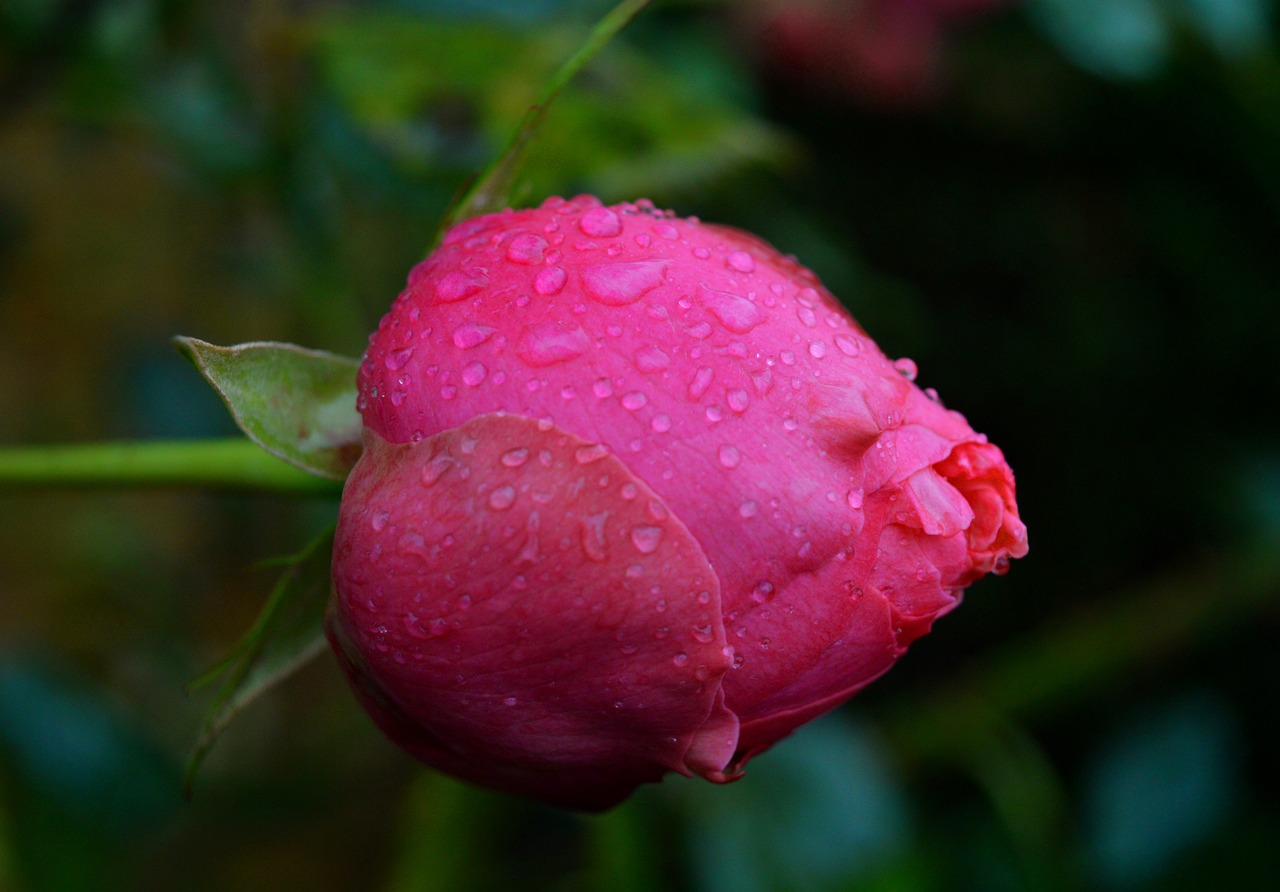
The Health Benefits of Roses
Roses have been valued in traditional medicine for centuries for their diverse health benefits. They are often used as a calming agent for stress, anxiety and sleep disorders. In addition, roses have antioxidant properties and can help soothe, hydrate and regenerate the skin. Rose water, made from rose petals, is often used as a facial toner and natural toner.
The Culinary Uses of Roses
Roses are also valued in cooking and are a popular culinary ingredient in many cultures. Rose water and rose oil are often used in Middle Eastern cuisine to flavor desserts, pastries and drinks. Rose petals can also be used fresh or dried to decorate food and drinks, adding a subtle rose aroma and decorative touch.
The Ecological Role of Roses
Roses also play an important ecological role as a food source for bees, butterflies and other pollinating insects. Their flowers produce abundant nectar and pollen, which are essential for the nutrition and reproduction of these animals. In addition, roses contribute to the beauty and diversity of gardens, parks and landscapes, supporting biodiversity and ecosystem balance.
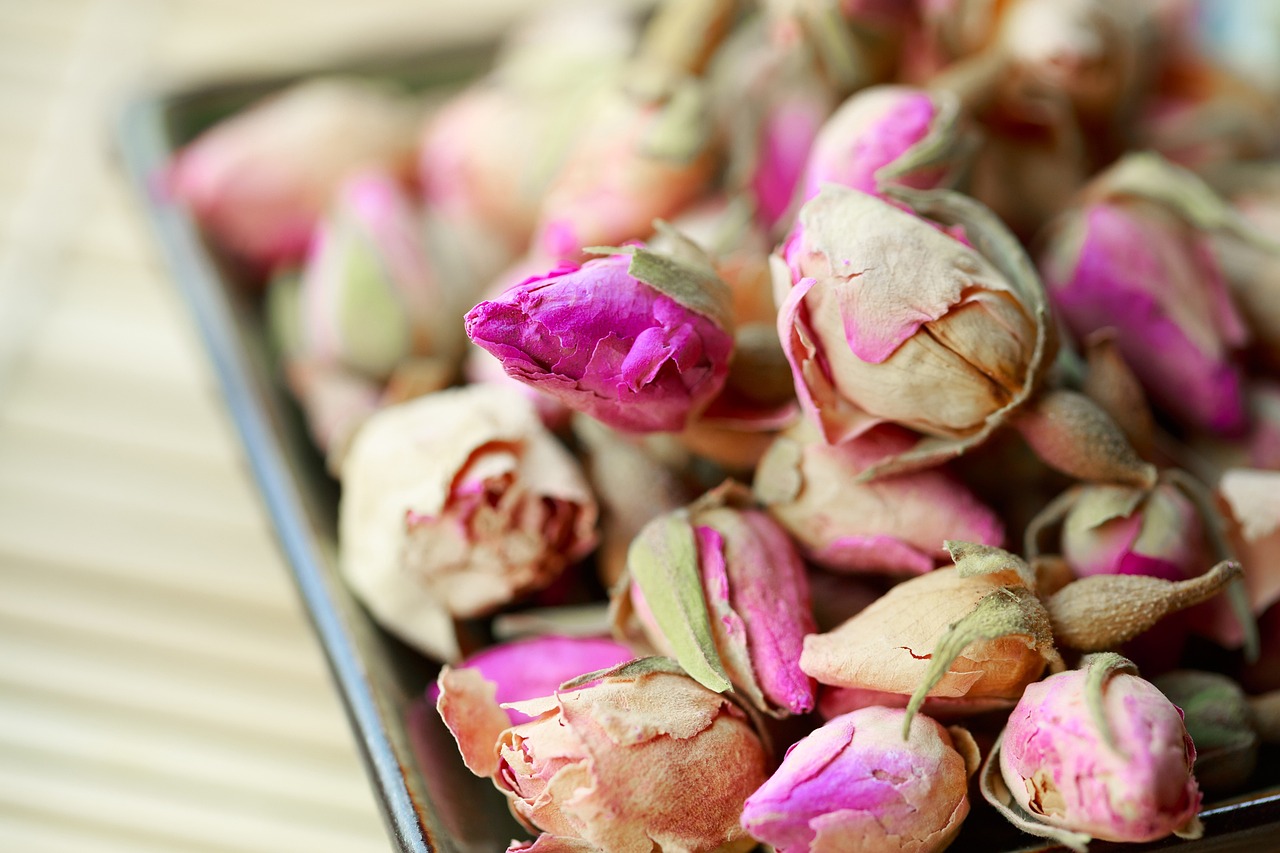
Blumental Bayern GmbH is a company engaged in the manufacturing, wholesaling, bulk sales, and distribution of premium organic and conventional agricultural products and food ingredients. Our extensive range includes top-quality items such as Saffron Wholesale, Sumac Wholesale, Dried Fruits and Nuts Wholesale, Barberries Wholesale, Dried flowers Wholesale, Rose Wholesale, Calendula Wholesale, Mallow Wholesale, Citrus flowers (orange blossom) Wholesale, Dates Wholesale, Gums Wholesale, Essential oils and Syrups Wholesale, Spices Wholesale, Herbs Wholesale, and seeds Wholesale.
Red rose petals – organic and conventional
- Our dried rose petals come from the highest quality freshly picked roses of the year.
- They are carefully selected, cleaned and sorted to avoid contamination and impurities.
- 100% naturally dried red rose petals have the natural pink color of rose petals without artificial colors.
- Enjoy the natural nutrients, health benefits and enchanting taste and fragrance of fresh roses.
- Suitable for wholesale
- Vegan, non-GMO, no chemical additives.
Red rosebuds – organic and conventional
Rose absolute oil – Organic and conventional
Rose petals – Organic and conventional
- Our dried rose petals are collected from top-quality, freshly picked roses of the year.
- Carefully selected, cleaned, and sorted to avoid contamination and impurities.
- 100% naturally dried rose petals with the pink-red color of roses without artificial dyes.
- Preserve the natural nutrients and health benefits as well as the enchanting taste and aroma of fresh roses.
- wholesale (bulk sale).
- Vegan-friendly, non-GMO, chemical-free.
Rose syrup – Organic and conventional
- Rose syrup is a sweet liquid made from rose petals and sugar.
- It is commonly used in Middle Eastern, Indian, and Mediterranean cuisine.
- The syrup has a bright pink color and a sweet, floral aroma.
- It has a sweet, slightly tart taste that complements many dishes.
- Rose syrup can be used as a topping for desserts, added to drinks, and used in marinades or dressings.
Rose water – Organic and conventional
- It is a byproduct of the steam distillation of rose petals.
- Clear, colorless appearance with a delicate floral scent and a subtle sweet taste.
- Slightly sweet and floral flavor profile, making it a popular ingredient in Middle Eastern and Indian cuisine.
- Made from highest quality roses and free from any artificial fragrances or additives.
- Perfect for use in restaurants, bakeries, and other food establishments for a wide range of culinary applications.
- Elevate your culinary and skincare game with the fragrant and versatile properties of our premium Rose water.
Rosebuds – Organic and conventional
- Rosa Damascena is a well-known type of rose, whose petals are known for their good scent.
- Used in fragrance, cosmetics, food, and herbal medicine industries, as well as an ingredient in tea and culinary recipes.
- Carefully hand-picked, double-sorted, and cleaned.
- Special quality from the heart of Iranian deserts.
Saffron rose syrup – Organic and conventional
- Saffron rose syrup is made with a special blend of saffron and rose petals
- Our syrup is sourced from the fields of Iran
- It has a beautiful golden color and a sweet floral aroma, with a subtle hint of saffron spice
- The taste is sweet with a pleasant floral note that adds a unique depth of flavor to any dish
- Saffron rose syrup is a versatile ingredient that can be used in a variety of ways, including coffee or tea, pancakes or waffles, ice cream or yogurt, and cocktails or mocktails
- We offer our Saffron rose syrup in bulk quantities, making it an ideal choice for restaurants, cafes, and caterers
- Our syrup is of the highest quality, with a potent flavor and aroma that is unmatched by any other brand
- It is packaged in airtight containers to ensure its freshness and longevity.

